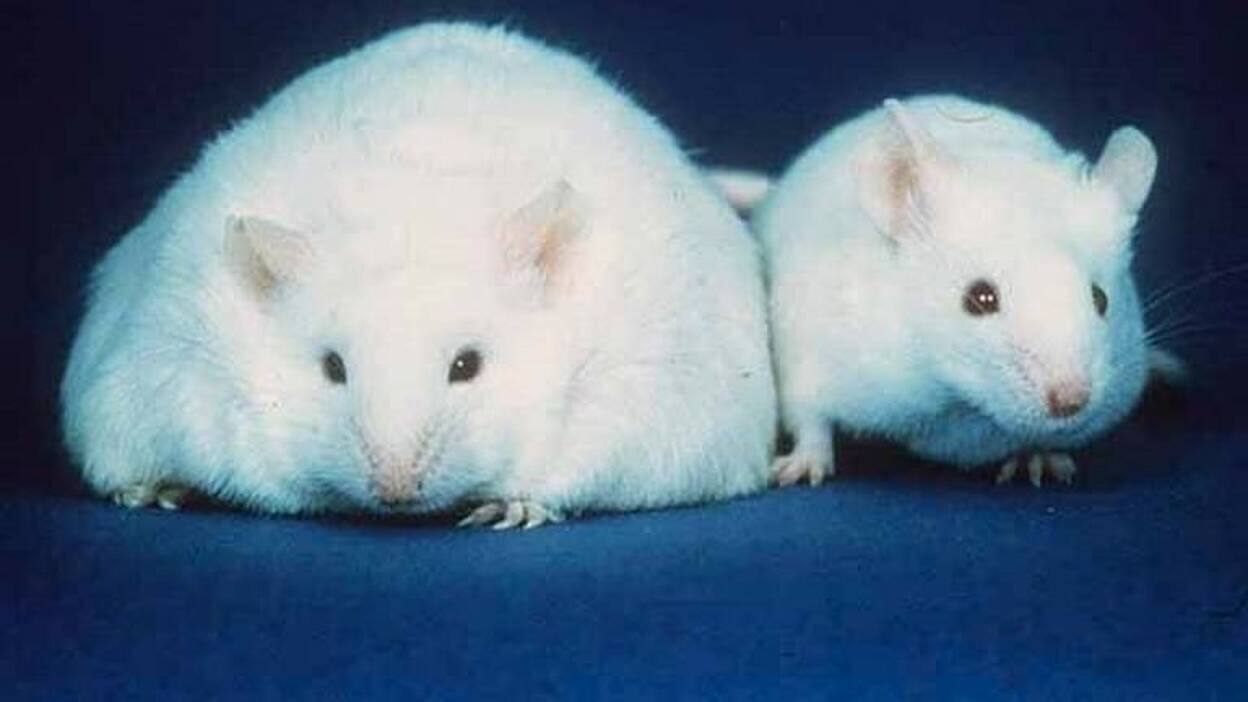Researchers have found that rats fed a diet of fat and sugar during adolescence suffered permanent memory damage
When researchers want to induce diseases like obesity, diabetes or cardiovascular disease in lab rats, they give them the equivalent of human junk food.
A new University of South Carolina study of rats that ate a diet high in fat and sugar suggests the possibility that a junk food diet during adolescence could alter their brain’s long-term memory capacity.
“What we’ve observed not only in this paper but in other recent work is that when these rats are raised on junk food, they experience memory impairments that don’t go away,” says Scott Kanoski, a professor of biological sciences at USC. “Unfortunately, if they then continue to eat healthily, these effects last well into adulthood.”
Association with Alzheimer’s disease
When developing the study, Kanoski and lead author and postdoctoral researcher Anna Hayes took into account that previous research had shown a link between poor diet and Alzheimer’s disease. People with Alzheimer’s often have reduced levels of a neurotransmitter called acetylcholine in the brain, which is important for memory and functions such as learning, attention, arousal and involuntary muscle movements.
The team wondered what this might mean for young people who eat a similar Western diet full of fats and sugars, particularly during adolescence when their brains are undergoing significant development. By monitoring the effects of diet on the rats’ acetylcholine levels and conducting memory tests, they were able to find out more about the important connection between diet and memory.
The researchers tracked the acetylcholine levels of a group of rats on a high-fat, high-sugar diet and a group of control rats, and analyzed their brains’ responses to specific tasks designed to test their memory. The team examined the rats’ brains postmortem for signs of altered acetylcholine levels.
Memory tests
The memory test consisted of having the rats explore new objects in different locations. Days later, the researchers reintroduced the rats to a nearly identical scene, except for the addition of a new object. Rats given junk food showed signs of not remembering what item they had seen before and where, while rats in the control group were familiar.
“Acetylcholine signaling is a mechanism that helps them encode and remember these events, analogous to humans’ ‘episodic memory,’ which allows us to remember events from our past,” explained Hayes, who Lead author. “This signal does not appear to occur in animals raised on fatty and sugary diets.”
Kanoski emphasized that adolescence is a very delicate time for the brain when important developmental changes take place. “I don’t know how to say this without sounding like Cassandra and a catastrophist,” he said, “but unfortunately some things that are more easily reversible in adulthood are less reversible when they occur in childhood.”
At least there is hope for intervention. Kanoski said that in another round of the study, the research team examined whether memory damage in rats raised on a junk food diet could be reversed by drugs that induce the release of acetylcholine. They used two drugs, PNU-282987 and carbachol, and discovered that by administering these treatments directly to the hippocampus, a region of the brain that controls memory and is altered in Alzheimer’s disease, the rats’ memory capacity was restored.
But without this specific medical intervention, more research is needed to understand how memory problems resulting from a junk food diet in adolescence could be reversed, Kanoski said.
REFERENCE
